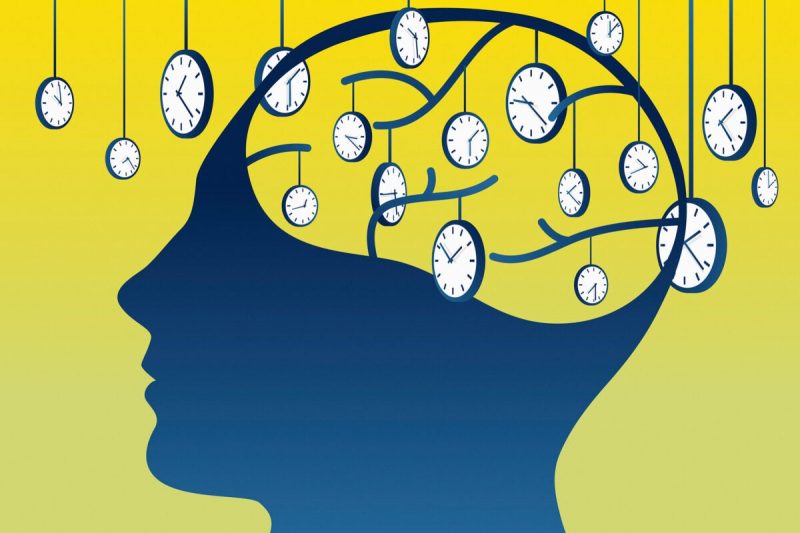In a recent study published in the Journal of Circadian Rhythms, a team of scientists has put forward a bold proposition – the siren call of daylight saving time must be resisted. This seemingly innocuous practice of adjusting our clocks twice a year has far-reaching consequences on our health, economy, and environment, according to the researchers.
The study delved deep into the physiological effects of switching our clocks forward or backward. It revealed that these time changes disrupt our circadian rhythms, the internal body clock that regulates our sleep-wake cycle, hormone production, and metabolism. As a result, many individuals experience sleep disturbances, higher stress levels, and decreased cognitive function in the days following the time change.
Furthermore, the economic impact of daylight saving time cannot be overlooked. The study found that productivity takes a hit as workers struggle to adapt to the new schedule. This loss in efficiency translates to billions of dollars lost in revenue across various industries. Moreover, the increased energy consumption associated with daylight saving time contributes to higher greenhouse gas emissions, further exacerbating the climate crisis.
The scientists argue that the benefits of daylight saving time, such as energy savings and extended daylight hours for recreational activities, are outweighed by the negative consequences. They propose that a permanent standard time should be adopted year-round to alleviate the health risks, economic burdens, and environmental toll brought about by biannual clock changes.
In light of these findings, policymakers are urged to reconsider the necessity of daylight saving time and prioritize the well-being of their constituents. By heeding the advice of these scientists, we could potentially improve public health, bolster economic stability, and contribute to global efforts in combating climate change. The siren call of daylight saving time may be alluring, but it is time to resist its harmful effects for a brighter and more sustainable future.

